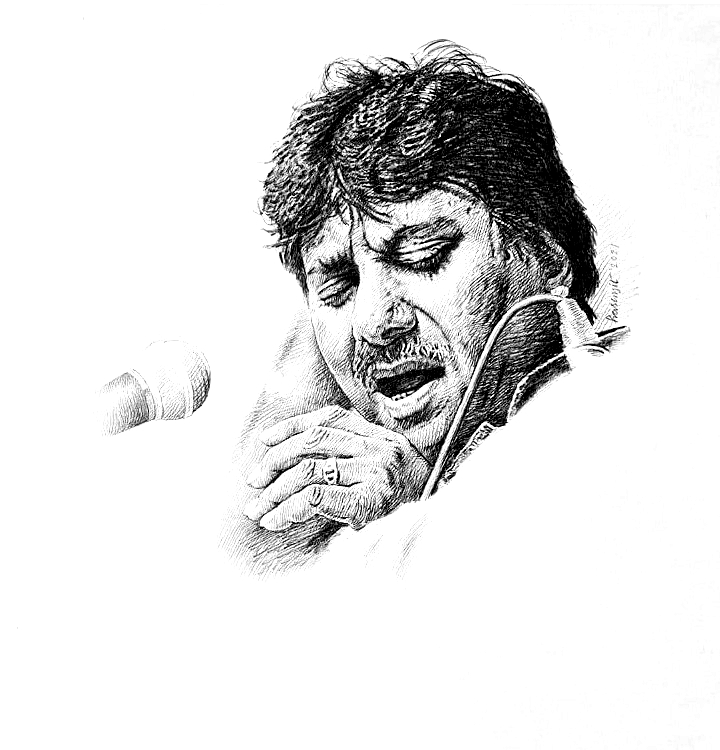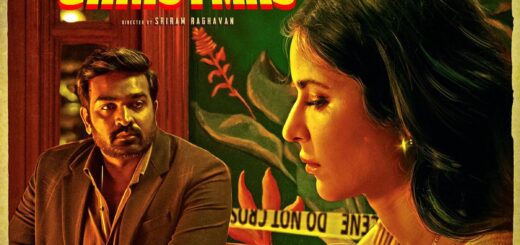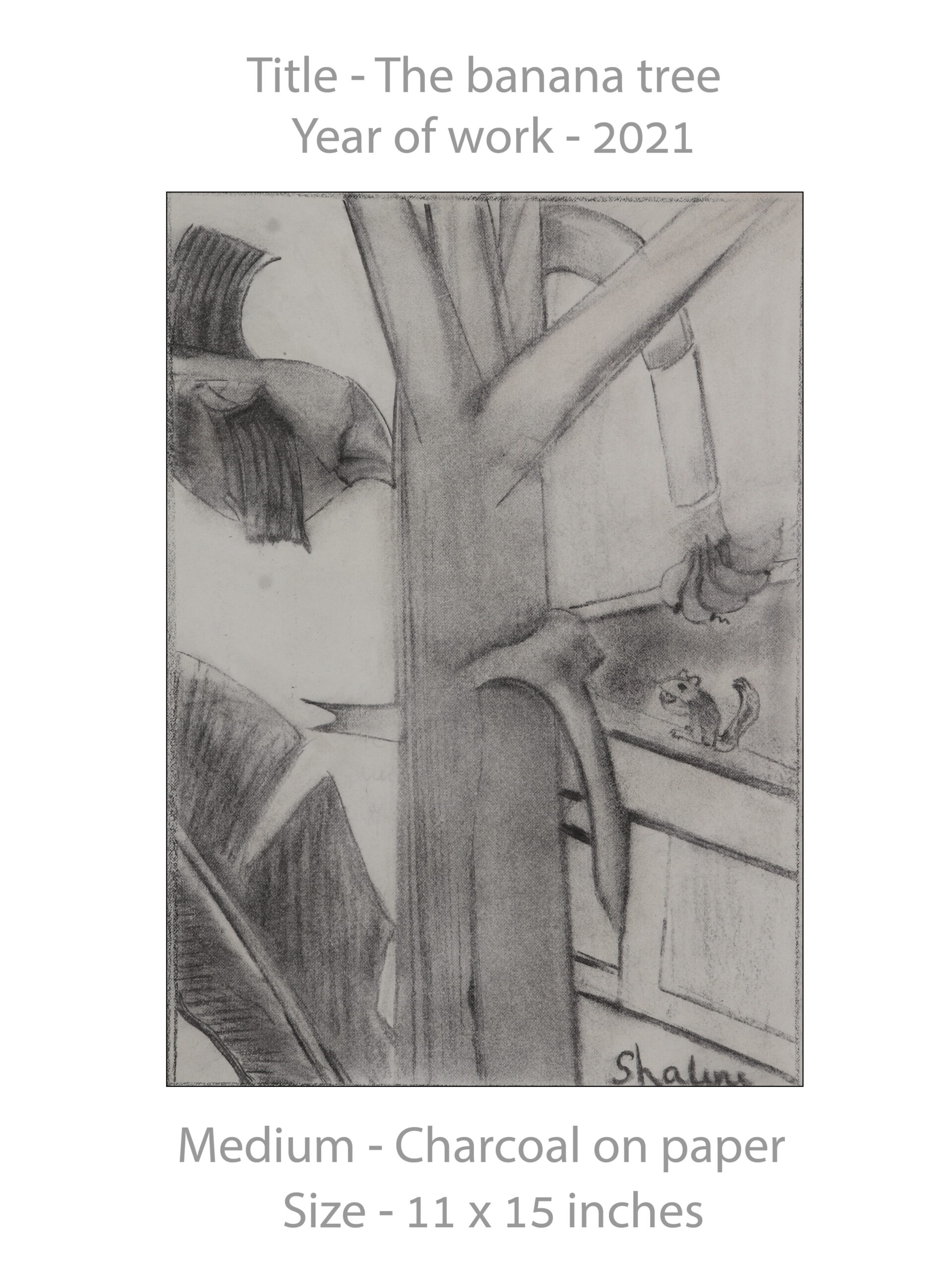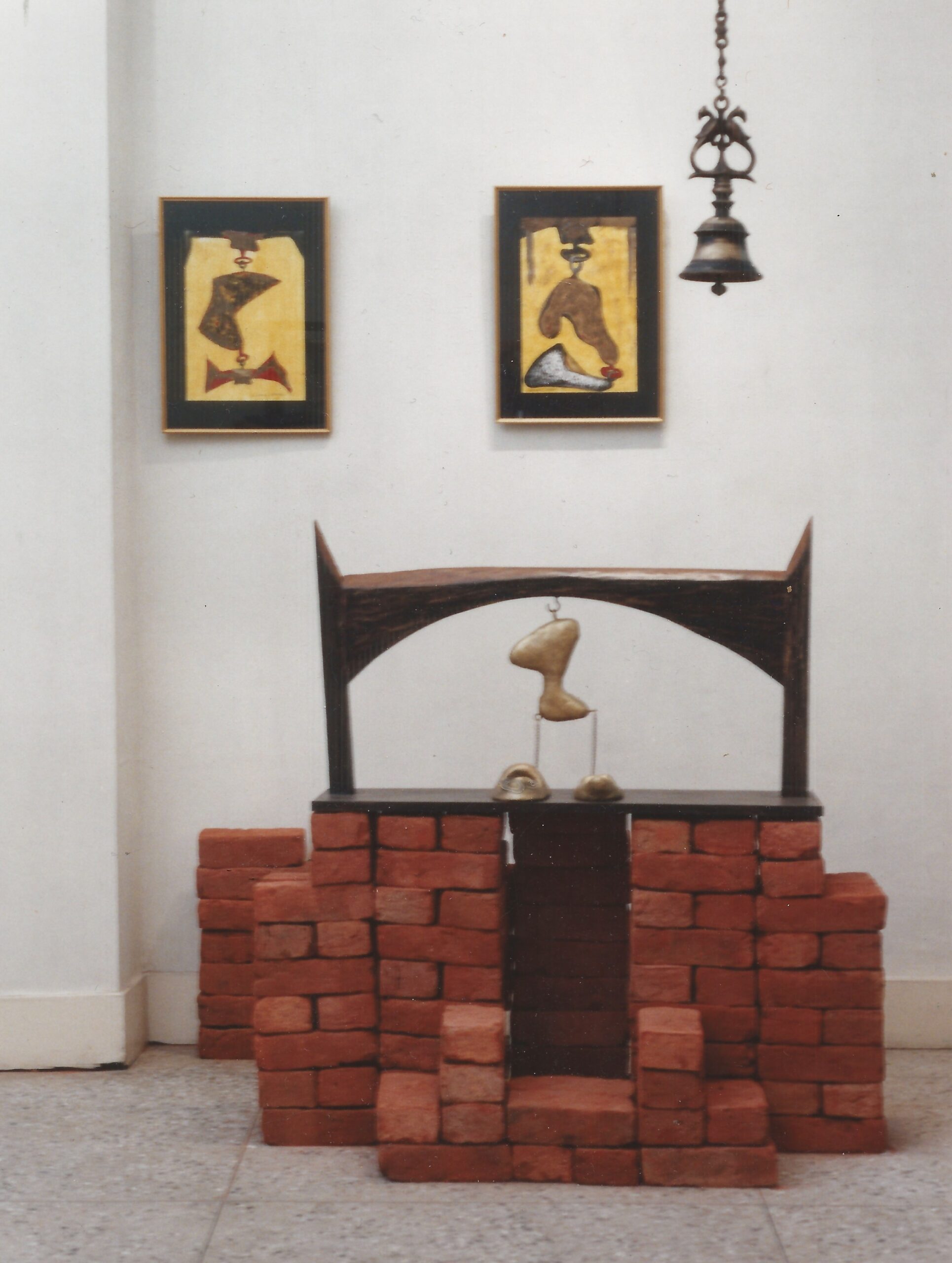Star Fades, Brilliance Shines On

The departure of Ustad Rashid Khan leaves a void in the realm of Indian classical music, casting a shadow of sorrow and emptiness that will endure for a considerable time. Rashid Khan, synonymous with the ethereal world of ‘Anya Ek Bhuban,’ crafted by his resonant and masculine voice, embarked on an enchanting musical journey, seamlessly navigating from one note to another—a phenomenon known in the musical lexicon.
The mere mention of Rashid Khan conjures up a nostalgic image. Thirty-two years ago, on a chilly January evening, I left Tollyganj’s studio and found solace on a roadside tea shop bench, accompanied by cinematographer Kamal Nayak and film director Arun Guhathakurta. At the other end of the bench, a young man joined us. Kamal Nayak inquired, ‘Have you heard of Rashid Khan?’ Back then, he wasn’t yet ‘Ustad Rashid Khan,’ but his fame was burgeoning. Though I had encountered his name in Desh magazine’s music reviews, I did not get an opportunity to experience his highly lauded singing. We struck up a conversation, and over a cup of tea, we acquainted ourselves. Politeness adorned his demeanour, and after a brief encounter, we each resumed our places. Later, I discovered that he studied music at the Music Research Academy, residing with the renowned Ustad Nisar Hussain Khan across the street.
Months after our meeting, Rashid Khan’s vocal performance in an audio cassette, featuring Raag Bageshri and Desh, hit the shelves. In response to our encounter, I purchased the cassette—a delightful experience. His voice, youthful, humble, and enchanting, resonated with a subtle echo of Pandit Bhimsen Joshi’s energy, Ustad Aamir Khan’s solemnity, and Ustad Nisar Khan’s Tarana’s rapid pace. Yet, amidst these influences, Rashid Khan’s voice possessed a distinct identity, brimming with new energy.
In a concise span, Rashid Khan left an indelible mark on the music industry—successive gramophone records, and live concerts domestically and internationally—thrusting him into the limelight among his generation’s talented musicians. Pandit Bhimsen Joshi heralded him as the future of Indian classical music. His desire to break free from the traditional ‘Gharana’ constraints set him on a journey to explore the expansive world of music, incorporating Sufi influences. He ventured into creating new melodies, even lending his voice to classical songs in films, such as ‘Kahe Ujari Mori Nind’ and ‘Tore Bina Mohe Chen Nahi.’
Rashid Khan’s enthusiasm extended beyond film songs; he collaborated with popular Bengali singer Nachiketa to experimentally sing Rabindra Sangeet. Their rendition, based on Raags, with interludes featuring Ustad’s ‘bandis,’ showcased a unique approach, distinct from previous interpretations by Pandit Ajay Chakraborty and Swagatalakshmi Dasgupta. Among his notable achievements was his Krishna Bhajan for Times Music. He often performed in duets with Pandit Bhimsen Joshi, including Bhajans. These bhajans not only reflected the influence of Joshi but also showcased the positive effects of that association.
Recognized by the government with the Padma Shri and Padma Bhushan awards, Rashid Khan achieved success, and honours, and, tragically, departed at a relatively young age—a reality difficult to accept.
Having witnessed several live performances, I regret not having had the chance to meet him except once at the Kolkata airport. A brief interaction revealed his affability, especially upon noticing ‘Aakashbani’ on my visiting card. Classical musicians, it seemed, felt a closer connection when reminded of Aakashbani.
Rashid Khan, initially disinterested in music as a child, imparted his musical knowledge to his son Armaan from a young age. Armaan, emerging as a talented singer and accomplished guitarist, undoubtedly carries the influence of his father.
As the stars extinguish, their brilliance magnifies in the darkness.











His melodious voice reaches directly into the soul. I listen many of his compositions but like very much “Aoge tum jab sajana…” from “Jab We Met” film…
We lost a great personality.
Thank you Sir.
His resonating voice will echo in our hearts. But, there was so much more he could contribute to the world of music . He went too soon.
I adored his music ….yaad piya ki ayi.. so so sad to lose a maestro. May we find a cure to cancer
Thank you madam.
A tribute unfeigned. Khan Sahab & his aesthetic endeavours have become alive through the panegyric. A grave loss to Hindustani classical music.
Beautiful tribute, it is indeed a great loss to Hindustani Classical, he crossed boundaries and ventured successfully into Bollywood….I shall miss him